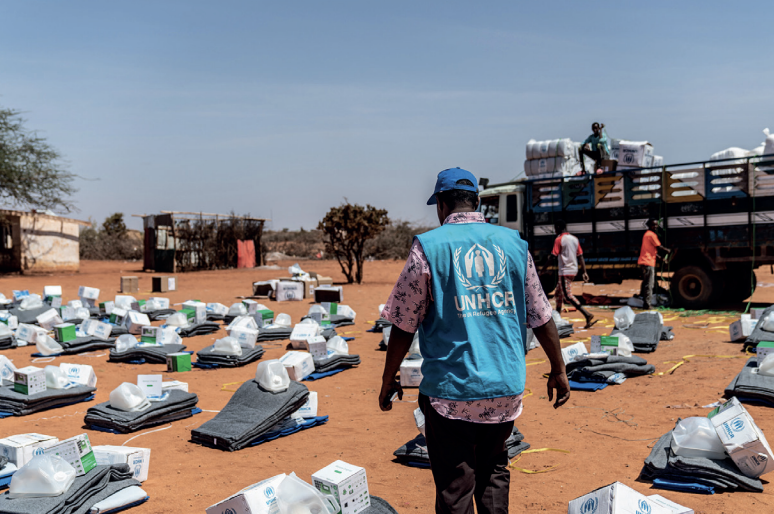Reports and articles

Somalia’s isbaaro: Checkpoints and world-making beyond the state
This working paper examines the dynamics of checkpoint authority in Somalia, focusing on how kinship, mobility and checkpoint practices intersect to shape political and social orders. The paper argues that checkpoints in Somalia—or isbaaro as they are locally called—are deeply embedded in the social fabric of clan society, where the practice of abanship—the brokerage of passage through clan territory—plays a crucial role. This brokerage not only facilitates trade but also reinforces clan identity and social differentiation

Roadblocks and revenues: the politics of passage
From Afghanistan and Yemen and from Mali to Somalia, checkpoints are central to dynamics of armed conflict, funding insurgents, driving violence and shaping governance by various types of armed actors, state and non-state alike. A new working paper series on roadblocks and revenues sheds lights on checkpoints in conflict contexts across the world and provides a new window into dynamics of authority and power.

Time for change: the normalization of corruption and diversion in the humanitarian sector
Although the aid sector often treats corruption and diversion as an anomaly, they are pervasive, systemic and often unwittingly perpetuated by standard aid sector practices. Drawing primarily on evidence from Somalia and Afghanistan (with reference to other contexts), this paper explores the specific aid practices that enable and perpetuate corruption and diversion, and what donors and implementers should be doing differently.

Citizens without states: the implications of non-recognition for people in de facto states
This paper examine the impact of non-recognition of de facto authorities on the people living in these territories. Arguing that the negative social, economic and well being impacts are profound, it urges for a re-think approaches to de facto authority.

Playing the long game: exploring the relationship between Al-Shabab and civilians in areas beyond state control
Based on extensive research in Al-Shabab controlled areas of Somalia, this paper explores dynamics between Al-Shabab and those who live under their control.

Rethinking armed group control
Prevailing understandings of control – which focus on territorial dividing lines and acts of violence – are incomplete. Our paper argues that armed group control should instead be broken down according to how armed groups seek to influence populations.
